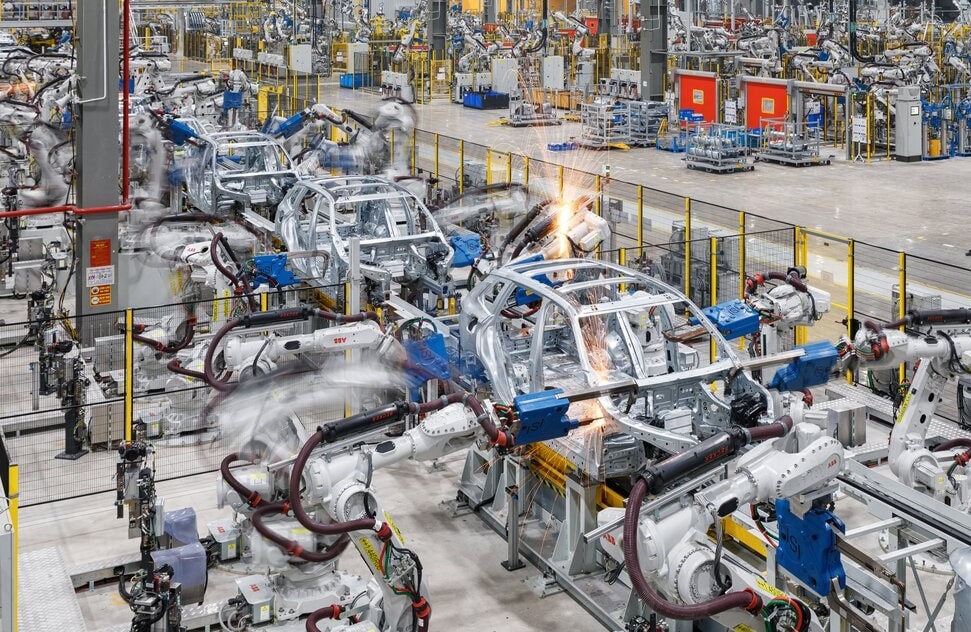In a recent report, Morningstar highlighted a remarkable growth trajectory in one Environmental, Social, and Governance (ESG) fund category in the United States: Climate transition.
The US climate transition fund has emerged as a standout performer, experiencing a staggering 304% surge in assets to reach $9.3 billion during the 18-month period concluding in June.
As Morningstar notes, bringing new investments for strategies like low carbon, green bonds, climate solutions, and clean tech “hasn’t been easy” for US fund managers. High energy prices, a selloff in green stocks and political backlash against ESG made things worse.
When Bloomberg surveyed financial market participants in early August, it found that “two-thirds hate talking about ESG to clients, but acknowledge there’s no way around the investment strategy.”
Despite all this, assets in US climate funds grew by 4% over those 18 months, hitting a record $32 billion, as reported by Morningstar.
Globally, the report found that climate funds experienced a substantial 30% rise in the past 18 months, reaching $534 billion by June.
Europe stands as the dominant market for new climate funds, representing 84% of global assets. China and the US hold 8% and 6%, respectively.
Among Europe’s climate funds, investments in climate transition and low-carbon strategies saw the “most significant growth,” doubling over the 18-month period. The climate transition category now accounts for almost half of climate funds in Europe.
Related Articles: ‘Green Lemons’ Need to be Squeezed out From the ESG Market | ESG Investing: No Longer Just For The Generous and Wealthy? | Why You Should Invest Sustainably
The report also found that the ESG arena has seen more fund launches than closures globally. So far in 2023, 253 ESG funds were opened around the world, 90 were closed. In the US, 25 more ESG funds were created compared to those that were closed.
However, despite the progress, Morningstar found that none of the most widely held companies it analyzed are aligned with the 1.5°C goal. In fact, of more than 5,000 publically traded companies working globally, 87% are on a pathway that leads to a 2.1°C increase.
“The most popular stocks in broad market climate portfolios are more misaligned than those in portfolios that target climate solutions,” writes Morningstar.
Editor’s Note: The opinions expressed here by the authors are their own, not those of Impakter.com — In the Featured Photo: An artist’s illustration of artificial intelligence (AI). This image depicts how AI could be used in the field of sustainability from biodiversity to climate. Featured Photo Credit: Google DeepMind.









